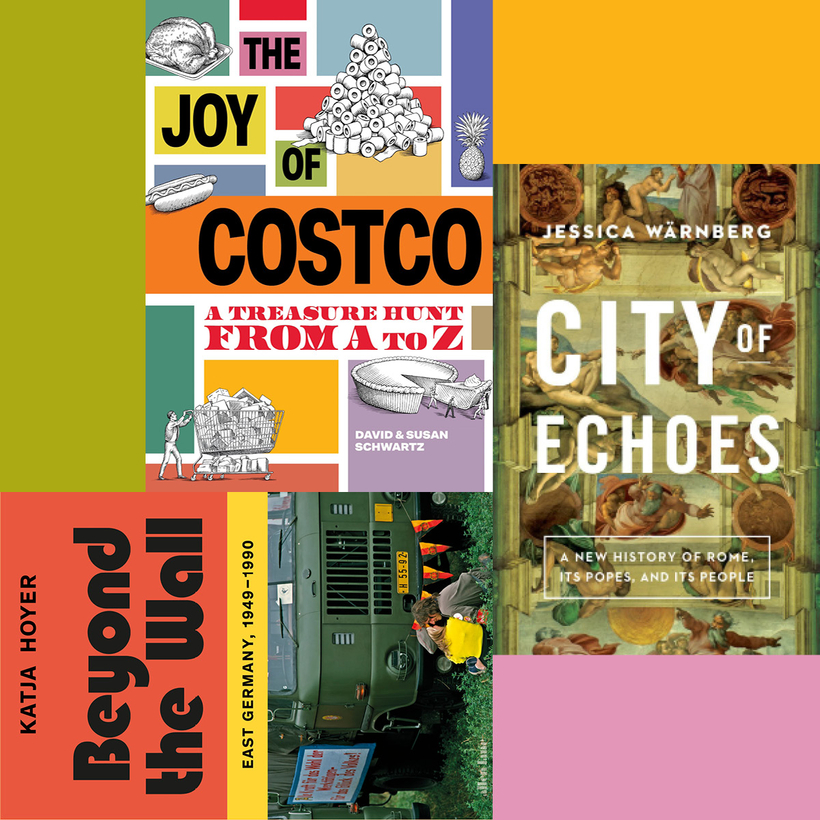Some folks seek adventure climbing mountains; others go on safaris. The authors chose a slightly different path: travel to as many Costco warehouses around the world as they could manage, which amounted to more than 200 of the company’s some 850 current outlets. (Between 20 and 25 new warehouses open every year, so do not be surprised if there is a sequel!)
How a couple who live in a 450-square-foot apartment came to love the Costco experience is only the starting point of this book, which is an exuberant and witty history and guide to a retail experience like no other. (Take that, Sam’s Club!) Did you know that Bumble Bee is the actual producer of the canned albacore tuna that the store sells under its Kirkland Signature brand? Or that you can get free hearing tests at Costco? Or that no rotisserie chicken stays on sale after two hours from the spit? Or that it can pay to visit one of Costo’s 24 Business Centers in the United States, which cater to small businesses but are open to all members, and where you can pick up a five-gallon bucket of pickles as opposed to the measly 64-ounce jars in a regular Costco? And who knew that the Costcos in Canada sell Montreal-style bagels—smaller, with larger holes, and baked in a wood-fired oven?

